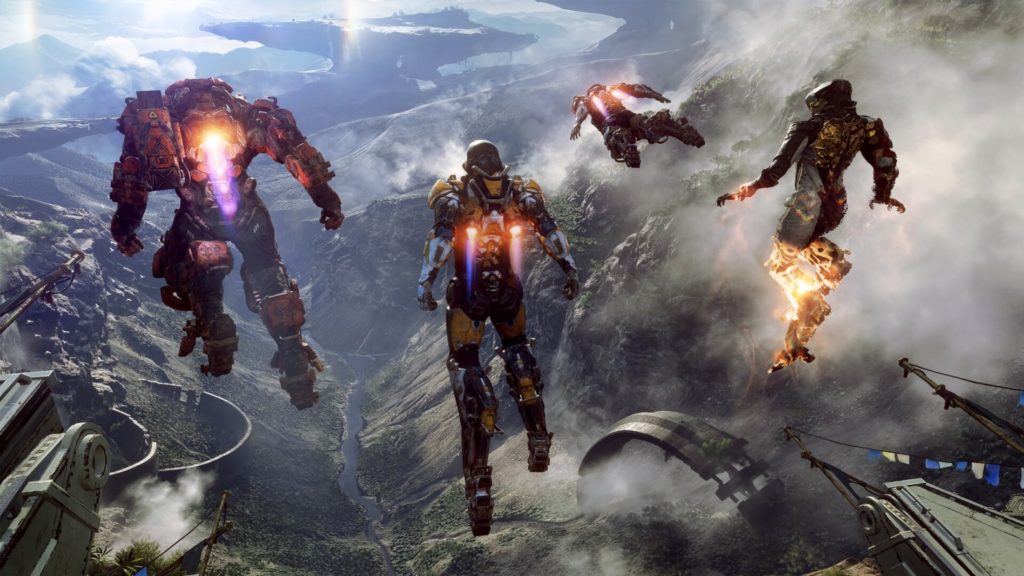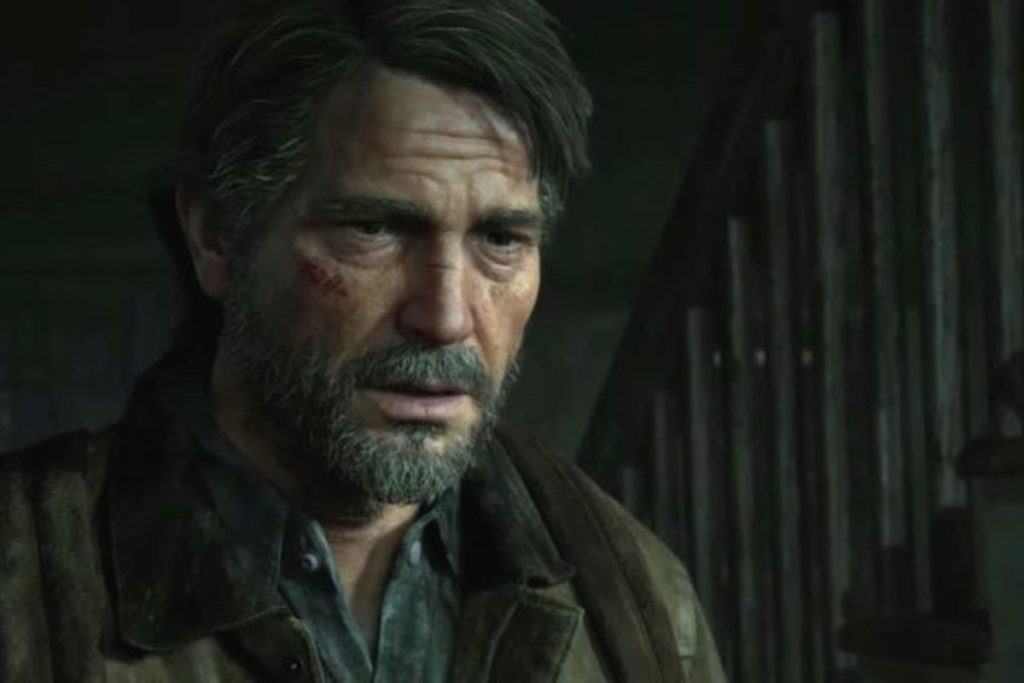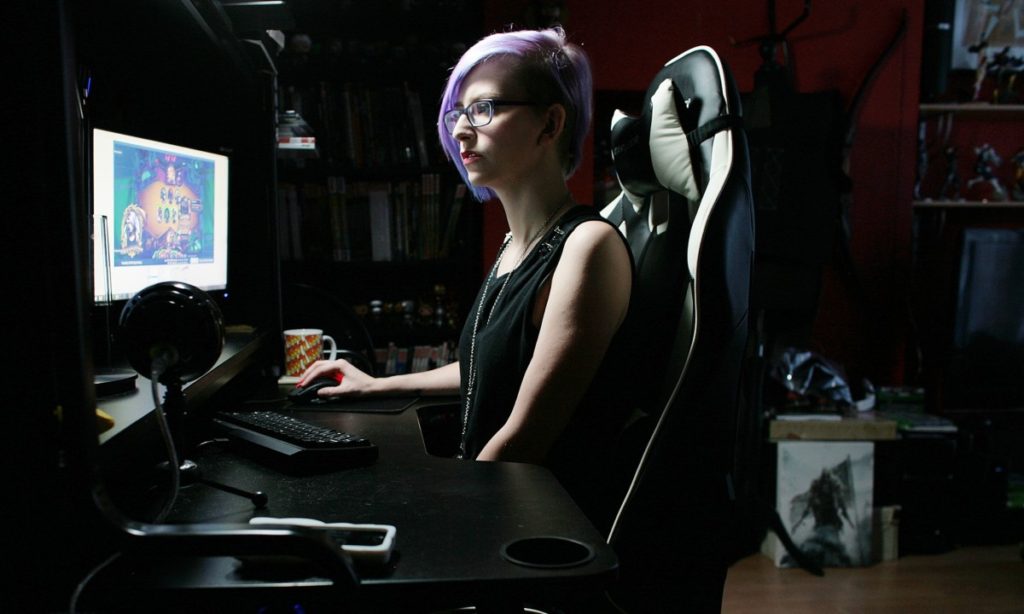Recently there have been reports that suggest that a number of Naughty Dog developers are planning to go their separate way with the powerhouse studio. Why is such a thing happening? It is because of a little thing… something that most developers do not talk enough about but still do in the hopes that the project they’re working on will be the very best version they had in mind. What I’m talking about is crunch.
If you’ve ever played a Naughty Dog game, then you know what I’m talking about. At their very best, the level of polish is a definite cut above other AAA studios. More than this, games like Uncharted and The Last of Us leave a mark so deep that their cultural acceptance is near-universal. Unfortunately, very few of us are aware of just how much the developers sacrifice to bring this experience to life.
A recent article by Kotaku’s Jason Schreier sheds light on Naughty Dog’s unrealistic vision of perfection and the toll it takes on the people working there.
Without going into too much detail, there are real issues stemming from the studio’s relentless pursuit of perfection. Developers are expected to work ungodly hours for extended periods of time. In fairness to Naughty Dog, the employees are very much compensated months after a game’s release – with bonuses and months of rest before the next project. But the thing is though, at the end of it all, there is no changing the mindset there. When the next project gets green-lit, the cycle starts anew.
The biggest problem with the issue is the fact that this approach works. The games receive critical acclaim and copies sell in the millions. They have no reason to change anything. And that’s what’s going to hurt them in the long run. The more they try to push these practices, the more people are going to leave the studio. The eventual brain drain might destroy the quality of games in the future.
In fact, we’ve already seen it happen before.

Bioware used to be a pillar of the games industry. That all came crashing down with failures like Mass Effect Andromeda and Anthem. Who would have guessed that the studio that brought us Mass Effect and Dragon Age would fall so low? It’s quite simple really – epic mismanagement.
There is a belief within the studio that someway, somehow, everything is going to work out. This “Bioware magic” is often called upon to make the impossible, possible. It hasn’t happened since Dragon Age: Inquisition. And probably never will. The reason is that many of the people who worked on the game now work for Wizards of the Coast. Enjoying the greener pastures at Archetype Entertainment.
The leaving of many senior staff members obviously affected projects down the pipeline. One need only recall the smoking mess that’s Mass Effect Andromeda to put two and two together. Crunch and the lack of experienced talent drove that project to the ground.
In the case of Anthem, their crunch came from a different place – upper management. It’s a well-known story at this point that the Anthem team had no idea what they were working on until they saw the preview at EA’s E3 presentation. At that point, the team only had months to pull off a miracle. The end results are a bunch of broken mechanics and heaps upon heaps of broken promises. Anthem, to this day, has not recovered from the initial failure. The current team, or what’s left of it, is fighting an uphill battle to win back it’s player base. Only a complete overhaul can make that happen. Which means more crunch. At the very least, they won’t have to deal with EA’s expectations for a while longer.
There is nothing inherently wrong with crunch. This might be a bit bias on my part because some of my best works are a product of crunch. That’s the main difference for me – I chose to crunch because I have personal stakes on a project. Many developers working in a games studio don’t get a choice. It’s either they do the job, or they’re out. There’s a young bright-eyed, fresh out of college kid waiting on the wings to take their place. Someone who won’t ask too many questions and obeys every single order. That’s just how it is right now.

As it stands, it is almost impossible to NOT crunch when developing a video game. In warfare, there is a saying that goes something like, “No plan survives contact with the enemy.” For me, that means no amount of planning is going to account for every single factor on the battlefield. In the context of game development, the early concept board of any game idea is worlds different from what the final product eventually looks like.
On the projects I’ve worked on, the amount of time we have left until the deadline often determines the output. If we have time to spare, we add the features that were put on hold. If there’s no time, we cut features until we are confident that we’ll somehow make it. There’s just so much to do. It’s very hard to just chill until the end.
Obviously it’s going to be very different in a professional studio. The amount of coordination needed between the artists, the designers, and the programmers have to be on point. Any miscalculation on their part and the project’s going to suffer a setback. Breaking the flow of work isn’t easy to do.
Now, I don’t think that we need to create a movement to do away from crunch. It’s part of our nature as game developers to do the very best that we can. We can, however, limit the damage done in by crunch. Individual workers can have a serious talk with management about limiting hours and proper compensation. They can also manage the project a helluva lot better. There’s no reason to not have a chain of command in your workflow, even if it comes at the cost of some creative freedom.
To end it off… I just wanna say.
When The Last of Us 2 comes out. Take a moment to admire the gorgeous visuals and the fluid mechanics, and remember that this level of quality was made possible by the efforts of many stressed out developers.






